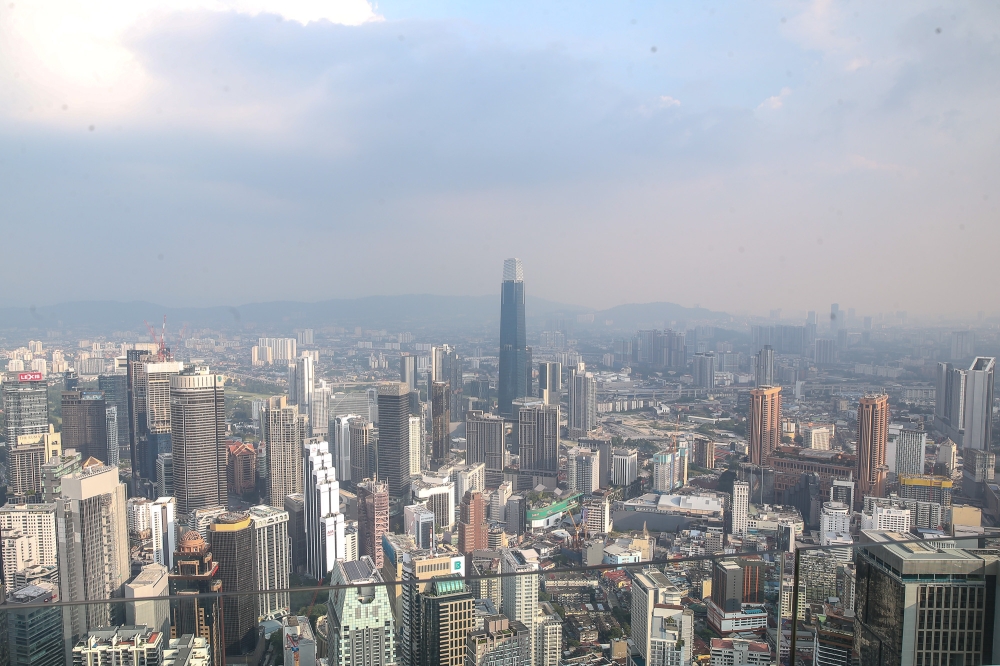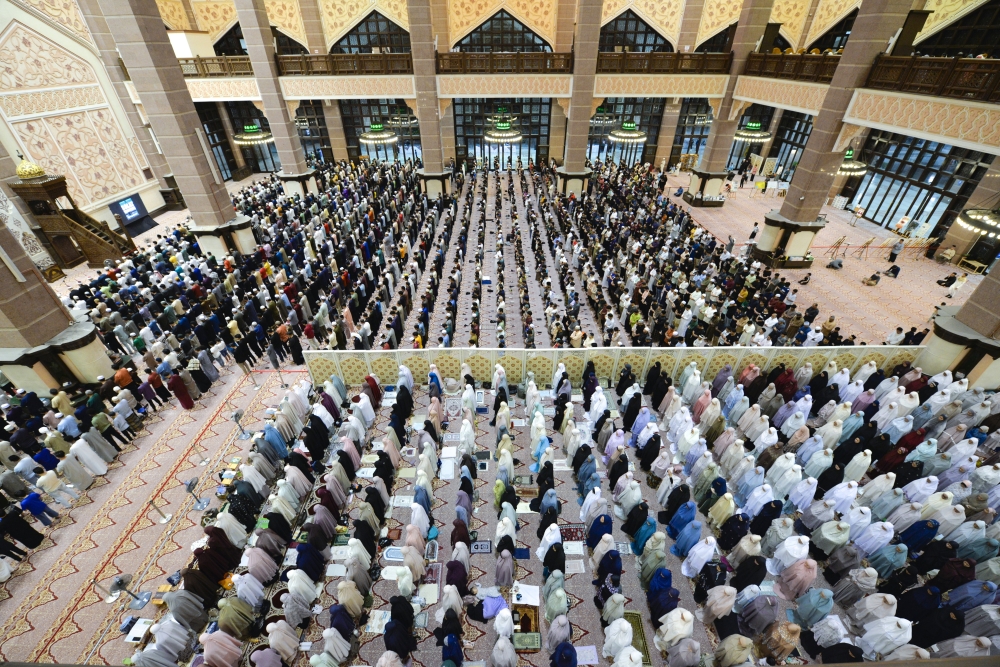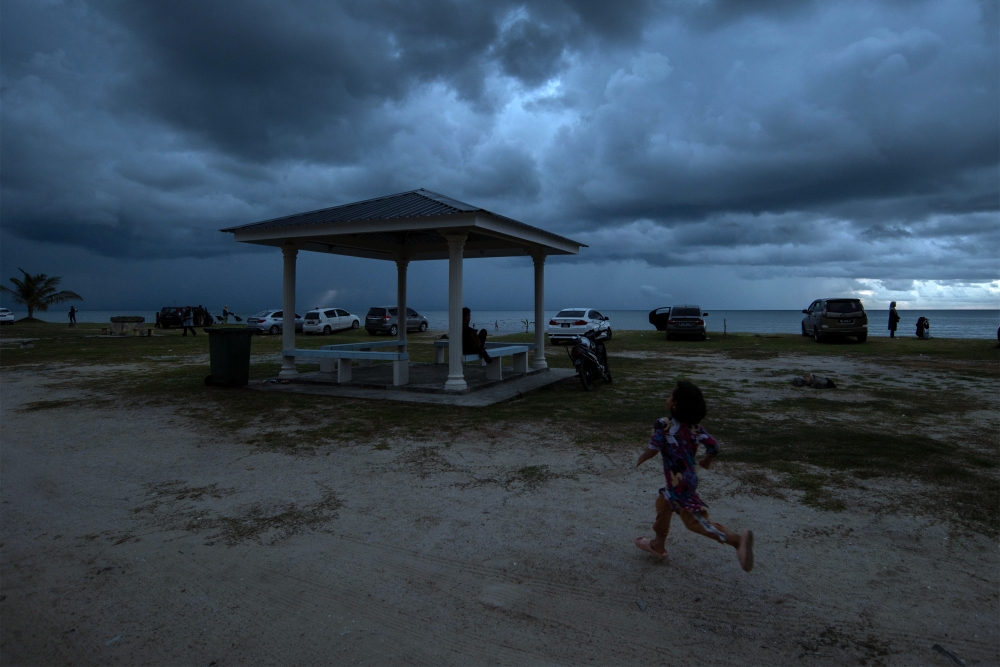APRIL 25 ― Covid-19 has caused chaos worldwide and we are now witnessing an uncharted series of events that none of us has experienced before. In response to this fast-spreading coronavirus, governments the world over have taken different approaches to tackle this crisis, but their mission is the same ― to curb its spread.
The way we socialise, the way we work, the way we learn and the way we live our lives is changing ― leaving many to wonder when things might revert to normal.
While everyone is very anxious to go back to their normal life, there is one thing that most people have not realised ― many things will never be the same again as before.
According to Suzanne Degges-White, a counselling education professor at Northern Illinois University, “The hardship is going to be that life is not ever going to be what we knew it to be”.
After the outbreak winds up, Covid-19 could transform the world at work, the businesses we use and the way public transport systems operate. The world will become a new different place where all activities need to be phased back in thoughtfully, or else, a bigger wave of the pandemic will emerge.
So, what will the world look like after Covid-19? What might be the new normal? And most importantly, are we ready for the post-Covid-19 world?
The new normal of life
Apart from being the catalyst to promote the importance of good hygiene and proper cleaning protocols, the pandemic could make people more aware “that touching things, being with other people, and breathing the air in an enclosed space can be risky”, as said by Deborah Tannen, an author and professor of linguistics at Georgetown University.
The handshake for instance, which has been the traditional mode of greeting in most societies for centuries might be squeezed out to reduce the spread of the viruses from one person to another.
In this new world, mingling with people who we do not know intimately could be the greatest comfort of life. Simply put, this new normal of life would mark a profound change in human behaviour.
Also, postponing and reducing mass gatherings that bring people together and have the potential to amplify the disease are much required at the moment, as it increases the risk of transmission of the virus due to the large numbers of people in close contact for extended periods.
In the wake of that, the holy month of Ramadan which is celebrated by Muslims from all over the world that falls between late April and late May has raised concerns among the health experts and government as the Covid-19 pandemic continues.
According to the World Health Organization (WHO), cancelling social and religious gatherings should be seriously considered and instead, virtual alternatives using platforms such as television, video conference and social media can be used to substitute the old traditional activities.
This is very important to reassure them that they can still perform spiritual reflection, prayer and breaking fast with families and friends ― but from a healthy distance.
Indeed, Ramadan this year will be different from before and it will surely cause an emotional impact for some. However, we must remind ourselves that we are facing a global pandemic, thus, unprecedented measures have to be put in place to ensure the well-being of everyone.
Perhaps, this outbreak will bring us closer together in different ways that we had not thought before.
The new normal of working
As workers from all over the world have been asked to work remotely in a bid to slow the spread of the novel coronavirus outbreak, the new norm has seen homes turning to temporary workplaces and many business activities are shifting online.
Thanks to the advancements in technology, the work from home option are made possible for jobs across myriad industries such as writer, programmer, data analyst and many more as they have turned to digital tools to support this new way of working.
In the opinion of the business leaders, this new norm of working pattern would likely be adopted permanently especially for the white-collar jobs who work at a desk and eschew physical labour.
As said by Matt Mullenweg, the chief executive of WordPress and Tumblr, “Millions of people will get the chance to experience days without long commutes, or the harsh inflexibility of not being able to stay close to home when a family member is sick. This might be a chance for a great reset in terms of how we work”.
While for the jobs that are impractical to work from homes such as those involving front-line operations or fieldwork in construction sites, staggered working hours can be implemented to increase the physical distance between employees.
In brief, staggered working hours is a system of working in which the employees of an organization do not all arrive and leave at the same time.
It can be implemented in several ways, for example, a team of employees may come to the office every other week, every other day or at different start times within the same day.
According to the experts, staggered working hours is not only effective to avoid traffic congestion but also practical to curb the spread of coronavirus on the overburdened public transport at certain peak hours.
Today's crisis marks an extreme epoch in our modern history with a huge social upheaval and an economic ripple effect.
As much as the new normal might be hard to adjust, psychology specialists believe that humans will find a new normal that works for them and eventually become their new reality ― because human beings are immensely capable to do it.
* Nurafifah Mohammad Suhaimi is Research Assistant at EMIR Research, an independent think tank focused on strategic policy recommendations based on rigorous research.
** This is the personal opinion of the writer or publication and does not necessarily represent the views of Malay Mail.




















